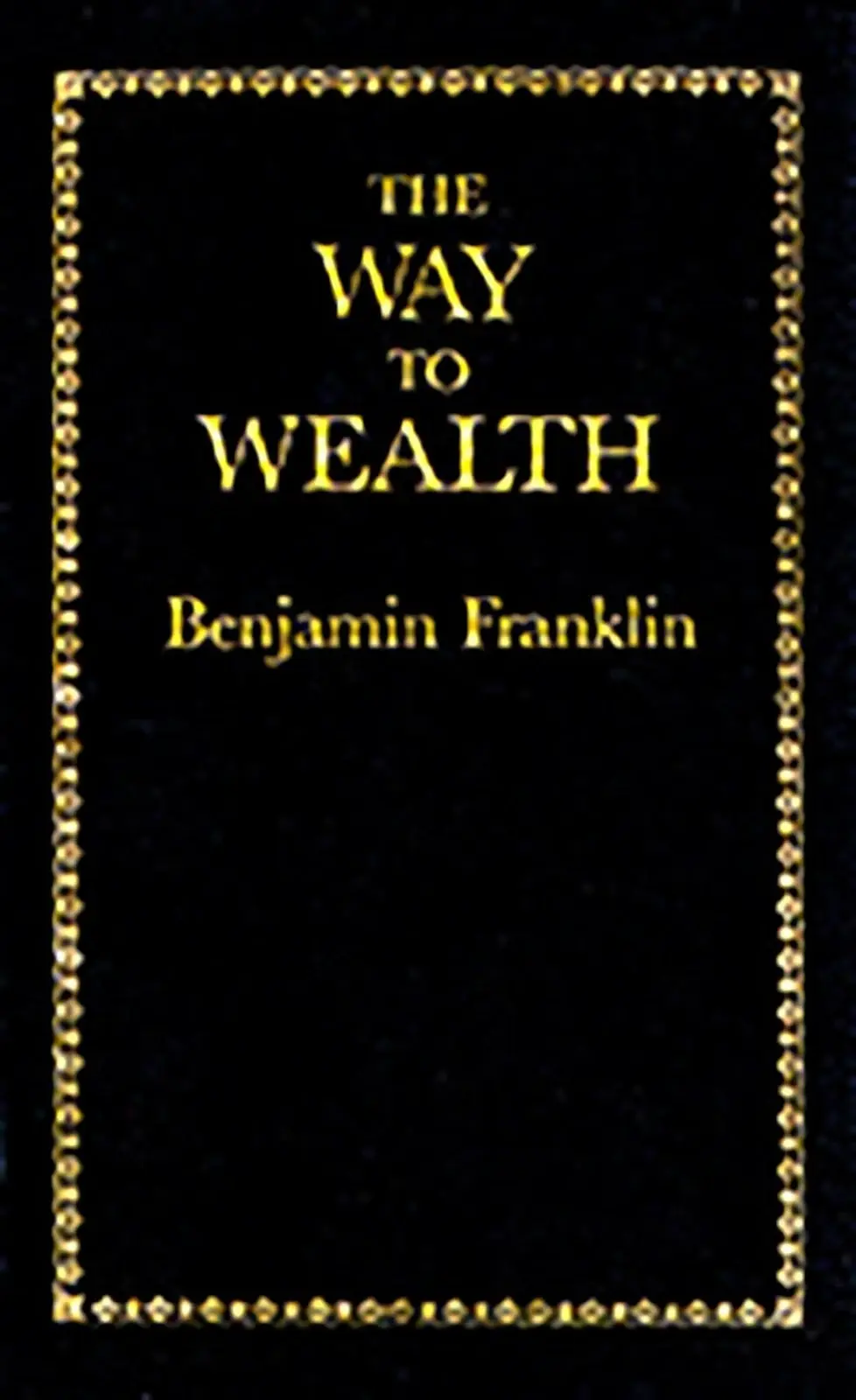Benjamin Franklin’s “The Way to Wealth”
- The Chairman

- Aug 9, 2025
- 3 min read
Updated: Aug 17, 2025
Lesson Plan: Benjamin Franklin’s “The Way to Wealth” – The Hidden Taxes on Wealth
Grade Level: 9–12 Subject Area: Social Studies / Financial Literacy / U.S. History Duration: 1–2 Class Periods (50–90 minutes) Primary Source: The Way to Wealth (1758) by Benjamin Franklin

Florida State Standards Alignment
Social Studies / History
SS.912.A.1.4 – Analyze how historical knowledge is constructed, including multiple sources and points of view.
SS.912.A.3.13 – Examine key economic concepts and how they influenced U.S. history.
Financial Literacy
SS.912.FL.1.1 – Describe how financial decisions are influenced by psychological and behavioral factors.
SS.912.FL.3.3 – Evaluate the benefits of short-term and long-term goals and how they affect financial decision-making.
SS.912.FL.4.1 – Explain the importance of self-control, delayed gratification, and the avoidance of debt in building wealth.
English Language Arts
ELA.912.R.1.1 – Cite textual evidence to support analysis of what the text says explicitly as well as inferences drawn from the text.
ELA.912.C.1.4 – Write an expository or analytical essay that explains and supports a claim with relevant evidence.
Lesson Objectives
By the end of this lesson, students will:
Identify and explain Franklin’s three figurative “taxes” on personal wealth—Pride, Folly, and Idleness.
Interpret Franklin’s message about self-discipline, frugality, and personal responsibility.
Apply these concepts to modern personal finance scenarios.
Connect historical economic advice to contemporary challenges faced by young adults.
Materials Needed
Copies of The Way to Wealth excerpt (Father Abraham section)
Whiteboard or Smartboard
Chart paper or graphic organizer handouts
Markers / pens
Optional: Projector for video clip on Franklin’s life & values
Lesson Activities
1. Hook / Warm-Up (10 minutes)
Write on the board: "The three biggest taxes on your wealth have nothing to do with the government. What do you think they are?"
Students brainstorm in pairs, then share aloud.
Introduce Franklin’s quote: “We are taxed twice as much by our Idleness, three times as much by our Pride, and four times as much by our Folly.”
Briefly explain the historical context of The Way to Wealth (1758, advice from “Poor Richard”).
2. Primary Source Reading & Analysis (20 minutes)
Distribute The Way to Wealth excerpt.
Students highlight where Franklin addresses Idleness, Pride, Folly.
Discuss:
What does Franklin mean by each “tax”?
Why might these be more harmful than government taxes?
How do these apply to financial decisions today?
3. Group Activity: Modern Examples (20 minutes)
Divide students into three groups:
Group 1: Pride – How does pride cause overspending or poor money decisions?
Group 2: Folly – What are foolish financial mistakes people make today?
Group 3: Idleness – How does procrastination or laziness affect income and opportunity?
Groups create a short skit, chart, or poster illustrating real-world examples.
Share presentations with the class.
4. Application Exercise (15 minutes)
Students complete a “Hidden Taxes on Wealth” worksheet:
Define each tax in their own words.
Give one historical example and one modern example.
Suggest one strategy to “avoid” each tax.
Teacher reviews answers and clarifies misconceptions.
5. Reflection / Exit Ticket (5 minutes)
Prompt: “Which of Franklin’s ‘taxes’ is the biggest threat to your future wealth, and why?” Students write 3–4 sentences.
Assessment
Participation in discussion and group work.
Completion of worksheet with accurate examples and solutions.
Quality of exit ticket response showing understanding and personal connection.
Extension / Homework
Option A: Write a one-page essay comparing Franklin’s advice to a modern financial guru’s advice (e.g., Dave Ramsey, Robert Kiyosaki).
Option B: Interview a parent or guardian about how pride, folly, or idleness has affected their financial life.
Teacher’s Notes
This lesson bridges history, economics, and financial literacy.
It meets both content knowledge and critical thinking benchmarks.
It encourages self-reflection about personal financial habits early in life.
#BenjaminFranklin #WayToWealth #FinancialLiteracy #PrideFollyIdleness #HiddenTaxesOnWealth #FloridaStandards #HighSchoolLesson #LifeSkillsEducation #MoneyMatters #SmartMoneyHabits #AvoidFinancialMistakes #WealthBuilding #StudentSuccess #HistoryMeetsFinance #FranklinWisdom #MoneyManagementSkills #FinancialFreedom #YouthMoneySmarts #WealthEducation #LearnEarnInvest



































Comments